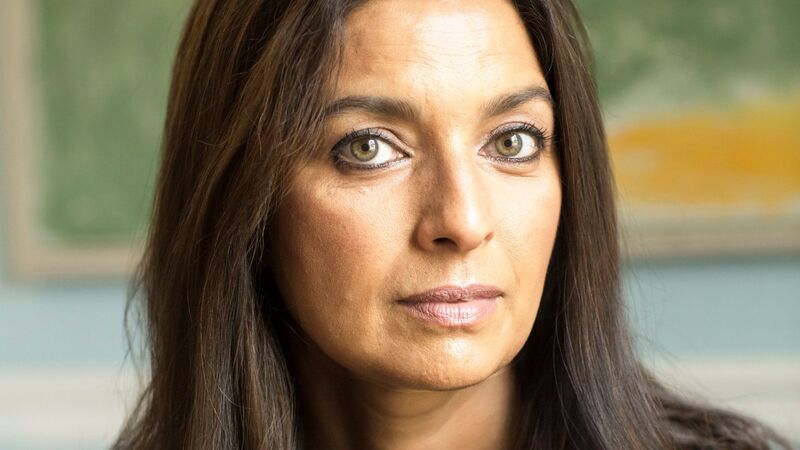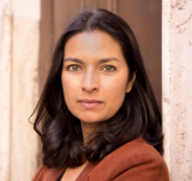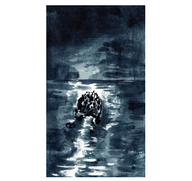You are viewing your 1 free article this month. Login to read more articles.
Hosseini, Lahiri and Shamsie on longlist for DSC South Asian literature Prize
Khaled Hosseini, Jhumpa Lahiri and Kamila Shamsie are among the 10 authors longlisted for the $50,000 DSC Prize for South Asian Literature 2015.
Hosseini is on the list for his novel And The Mountains Echoed (Bloomsbury), while Lahiri’s The Lowland (Bloomsbury) and Shamsie’s A God in Every Stone (also Bloomsbury) are longlisted. They are joined by: Jaspreet Singh for Helium (Bloomsbury); Meena Kandasamy for The Gypsy Goddess (Atlantic); Bilal Tanweer for The Scatter Here is Too Great (Jonathan Cape); and Omar Shahid Hamid for The Prisoner (Pan). The longlist is completed by Romesh Gunesekera’s Noontide Toll (Granta Books); Rukmini Bhaya Nair’s Mad Girl’s Love Song (published by HarperCollins in India); and Shamsur Rahman Faruqi’s The Mirror of Beauty (Penguin).
The longlist was announced at the Goethe-Institut, Max Mueller Bhavan today (21st), by Indian writer Keki N Daruwalla, who is chairing the jury panel for the prize.
The DSC Prize, which is now in its fifth year, aims to celebrate and reward the best talent writing about the South Asian region and present it to a global audience.
There were over 75 entries for the $50,000 (£30,959) prize this year, from which the jury has compiled the longlist of 10 books that they feel best represent the voice of the South Asian region. In addition to Daruwalla, the jury panel comprises: John Freeman, former editor of Granta; Maithree Wickramasinghe, a Professor of English at the University of Kelaniya, Sri Lanka and the University of Sussex; Michael Worton, Emeritus Professor at University College London; and Razi Ahmed, founding director of the annual Lahore Literary Festival.
He said of the longlist: “As expected the variety is considerable. Obviously there was a tremendous mix here—of themes, landscapes, styles, issues—both political and personal. The narratives ranged from 18th and 19th century history to the Naxalite era in West Bengal, tribal rebellions to feudal atrocities. Scene and landscape varied from Sri Lanka, Bangladesh and Nepal to Afghanistan.” He added that the judging process so far has been “both exhausting and rewarding”.
Manhad Narula of the DSC Prize Steering Committee commended the jury panel for the longlist, saying: “I find the longlist exciting as it includes some well known authors as well as new novelists who are making a mark on the South Asian literary canvas. I feel each of the books on the longlist is a must read and I am delighted that the DSC Prize has been able to highlight a range of issues pertaining to the ever evolving South Asian life – its culture, its people and their new found aspirations.”
The jury will now deliberate on the longlist over the next month and the shortlist for the DSC Prize will be announced on 27th November at The London School of Economics in London. The winner will be announced at the Zee Jaipur Literature Festival in January 2015.
Last year’s DSC Prize for South Asian Literature was won by Cyrus Mistry for Chronicle of a Corpse Bearer.




















